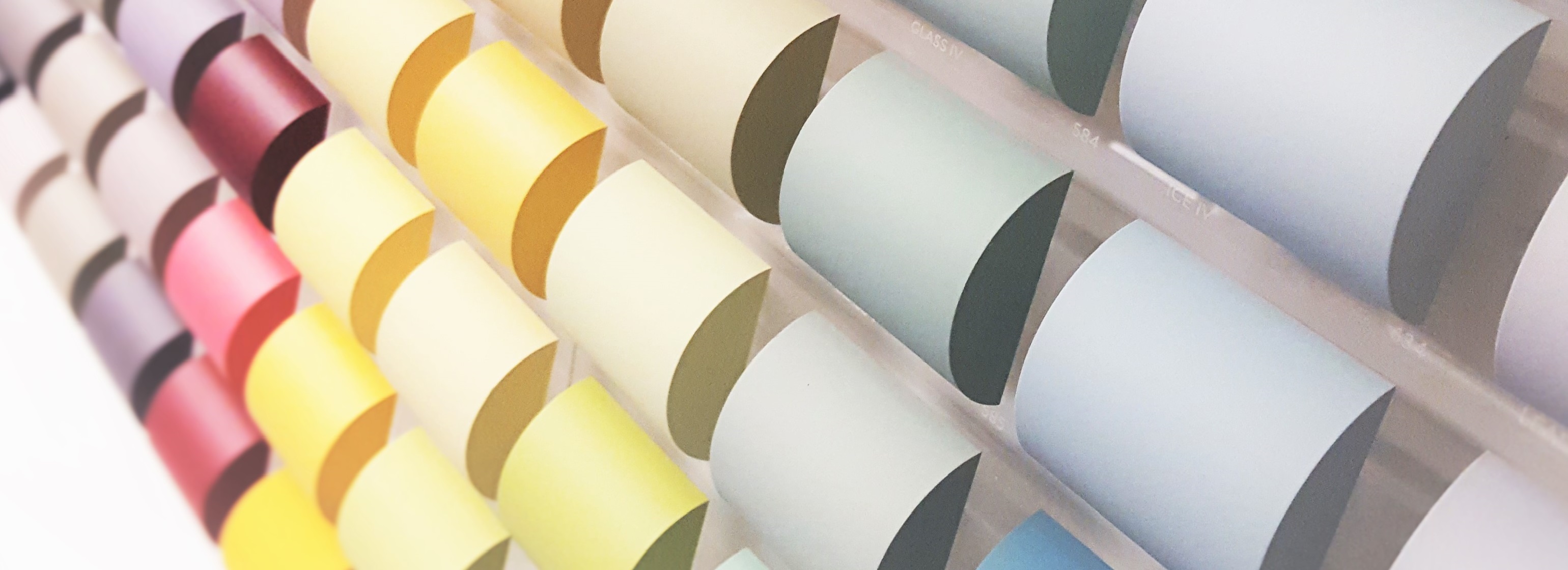Info Conductive Coatings
Published February 3, 2015
Conductive coatings are loaded with metallic particles,
typically silver or copper. The metal conducts electricity, therefore when applied to plastic surfaces these will become conductive and thus the Interference produced by electronic equipment is controlled.
A wide range of conductive coatings is presently available, listed from the most conductive to the most resistant: Silver, silver-plated copper, nickel and carbon loaded are the most common conductive films applied to plastic or composite surfaces by RSC.
RS Coatings have chosen to apply conductive coatings due to their several advantages over other shielding solutions:
-Easy application to any shape
-Good adhesion to plastic
-Manual or automatic applications are possible to suit different production volumes/ requirements
-By using masking tools selected areas may be coated consistently
-Large range of paints are presently commercially available
-The shielding is achieved with one single operation
-The solution is permanent
-The plastic components do not distort
-Low cost
-This solution may be incorporated to already launched or designed products
Frequency interference is a common phenomenon in the electronics industry: The enclosures that contain the electronic circuits are typically moulded in plastic. These materials are “transparent ” to radiating electrons. Additionally, regulations to limit the amount of emitting EMR (Electromagnetic Radiation) are being implemented. In order to undertake this, RS Coatings offer to spray conductive paints as a preferred shielding solution.
Plastic & GRP surfaces can become statically charged, potentially causing Electrostatic Discharge. A rapid flow of electrons travels from a charged object to another, generating levels of energy that can have devastating effects.
OPTIMUM USE
The spraying of conductive coatings is an ideal shielding solution for manufacturers of electronic and electrical products where plastic housings usually contain circuits and microprocessors generating EMI/ RFI. Unless shielded, external devices could be affected by these circuits and vice-versa. Conductive coatings are widely used as an anti-static solution for surfaces exposed to ESD.
Communications, Computers & Information Technology, Petrol Pumps, Medical and Safety applications and in particular, Mobile Phone manufacturers are some of the main users of conductive films.
Optimum results are only achieved when the metallic paint is applied in the correct manner and under ideal conditions. In order to obtain optimum shielding performance in each case, RS Coatings will:
-recommend the conductive coating(*) to be applied,
-determine the required film thickness and its related resistivity,
-study the adhesion between the conductive film and the plastic substrate (adhesion promoters or primers may be required)
-ensure that paint curing temperatures and plastic melting points are compatible,
-consider the injection moulding process as this may have an effect in repeatability, etc,
-establish areas to be coated as together with shielding requirements there may be restrictions determined by aesthetic appearance,
-design masking solutions accordingly,
-carry out paint cohesion and resistance tests (including point to point and ohms per square) to ensure good paint surface conductivity is achieved.
-determine the paint application technique required.
(*) Different coatings offer distinct properties. In this respect, RS Coatings maintain an open relationship with various raw material suppliers, offering obvious logistic advantages as well as an improved customer service












